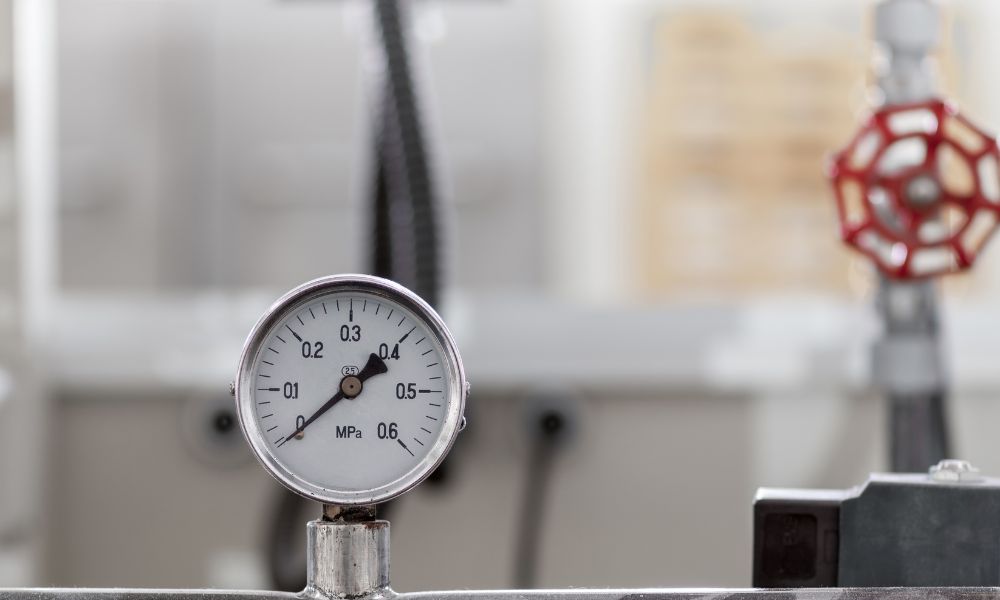
In the realm of manufacturing, testing is pivotal. The manufacturing journey, with its myriad of different stages and components, demands meticulous evaluation and testing at every juncture to uphold the pinnacle of production quality. Testing is of the utmost importance in the manufacturing process, and once you understand the vital role it plays, you’ll be able to better appreciate every product that sits on the shelf of your home.
Early Defect Identification
Testing plays a crucial role as a proactive shield against potential defects or errors that have the potential to cascade into significant bottlenecks along the production line. By detecting and rectifying these issues at their nascent stages, teams save valuable time and ensure optimal resource allocation. This proactive approach ultimately results in enhanced overall product quality and customer satisfaction.
Stress Tests
Stress tests hold a pivotal role in the thorough assessment of manufacturing processes. By exposing products to rigorous conditions mirroring real-world situations, these evaluations play a crucial role in helping manufacturers understand product behavior under pressure. Testing like this isn’t just present in one industry either. For example, in the process of off-highway mining equipment manufacturing, manufacturers put their equipment through rigorous stress tests. This ensures that products going out to market are efficient and safe. Without stress testing like this, there would be much more room for error and equipment malfunctions in every industry.
Standards Compliance
Manufacturers understand the significance of aligning their products with industry benchmarks and regulations to ensure quality and safety. Conducting regular testing serves as a litmus test to validate product accuracy, identify potential areas for improvement, and swiftly make adjustments to meet prevailing standards. This proactive approach enhances compliance while also strengthening the reputation of the products in the market.
Consistency and Reliability
By implementing rigorous and comprehensive testing protocols at every stage of production, manufacturers ensure a high standard of quality assurance that aligns with each product release. This unwavering dedication to quality nurtures customer trust and strengthens the brand’s reputation over time, establishing a solid foundation for long-term success.
Safety Assurance
Ensuring the safety and security of both consumers and employees is paramount in the manufacturing industry. Testing plays a crucial role in this process by proactively identifying potential hazards and integrating safety mechanisms. Manufacturers who prioritize creating a secure operational environment mitigate risks while also cultivating a culture centered around well-being and protection for all stakeholders involved.
Testing is a fundamental pillar of the manufacturing process, encompassing various crucial aspects, such as quality assurance, regulatory compliance, and ensuring safety standards. With meticulous and stringent testing procedures, businesses can foster a work environment that’s perfect for continuous enhancement and innovation.






